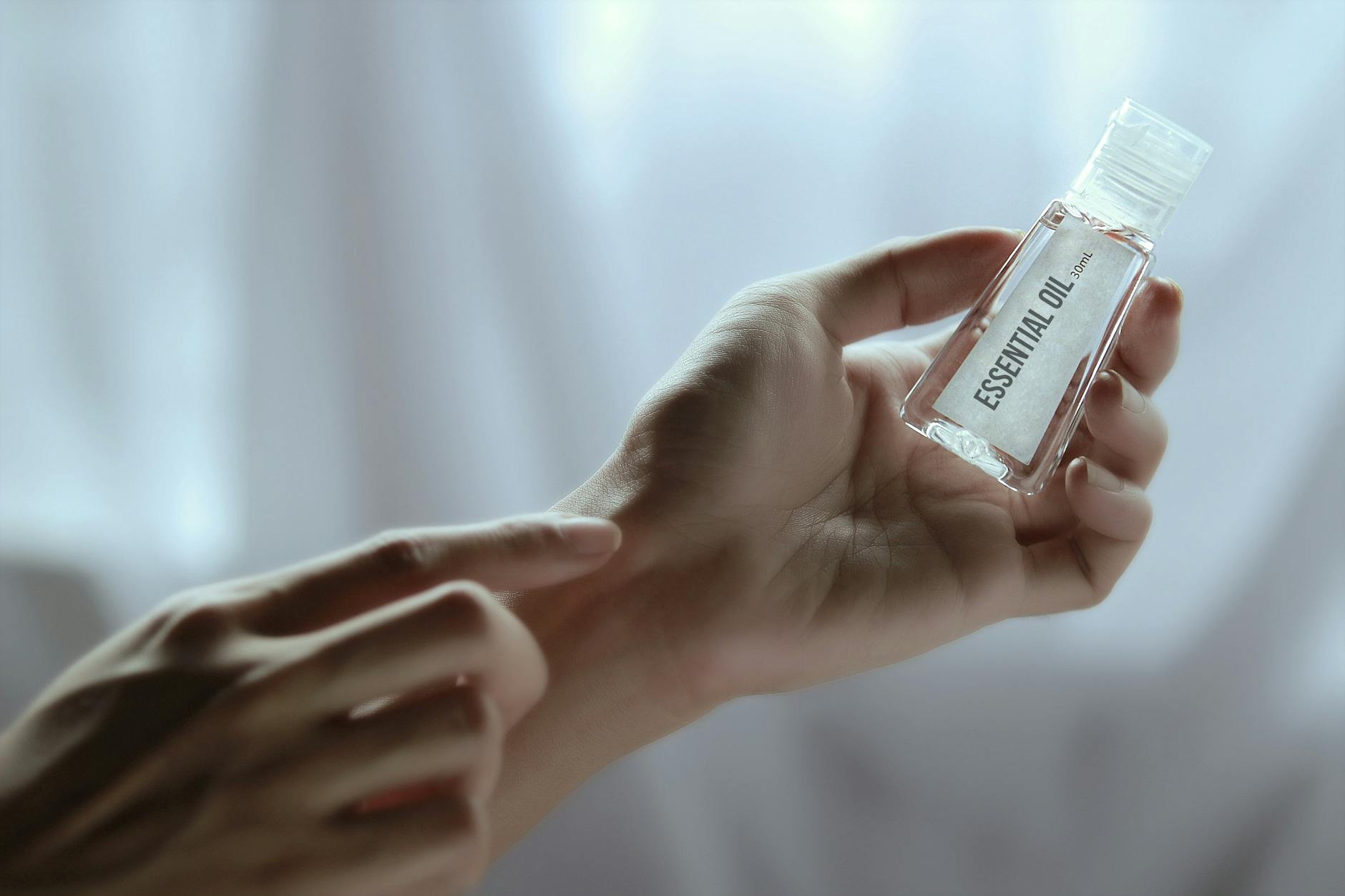Discover the natural remedies and holistic techniques that offer relief from bacterial vaginosis in this enlightening blog post.
Table of Contents
Living with bacterial vaginosis can be a challenging experience, both physically and emotionally. The recurring infections can take a toll on your overall well-being, impacting your confidence and quality of life. However, it’s essential to remember that you are not alone in this journey. By taking a holistic approach to treating bacterial vaginosis, you can find relief and improve your overall health.
The Impact of Bacterial Vaginosis on Mental Health
Bacterial vaginosis is not just a physical condition; it can also have a significant impact on your mental health. The constant discomfort and embarrassment caused by the infection can lead to feelings of low self-esteem and shame. It’s essential to address these emotional challenges along with the physical symptoms of bacterial vaginosis to achieve holistic healing.
Managing Stress and Anxiety
Stress and anxiety can exacerbate the symptoms of bacterial vaginosis. Finding effective ways to manage stress in your daily life can help reduce the frequency and severity of infections. Incorporate stress-relieving activities such as yoga, meditation, or deep breathing exercises into your routine to promote overall well-being.
Nutrition and Gut Health
A healthy diet plays a crucial role in supporting your immune system and promoting gut health, which can help prevent bacterial vaginosis flare-ups. Incorporate probiotic-rich foods such as yogurt, kefir, and sauerkraut into your meals to encourage the growth of beneficial bacteria in your gut. Avoiding processed foods and refined sugars can also help maintain a healthy balance of bacteria in your body.
Natural Remedies and Supplements
Explore natural remedies and supplements that can support your body’s immune system and fight off bacterial infections. Tea tree oil, garlic supplements, and vitamin C are known for their antibacterial properties and can help alleviate the symptoms of bacterial vaginosis. Consult with a healthcare provider before incorporating any new remedies or supplements into your treatment plan.
Personal Hygiene and Lifestyle Choices
Practicing good personal hygiene is essential for preventing recurrent bacterial vaginosis infections. Avoid douching and harsh soaps that can disrupt the natural balance of bacteria in your vagina. Opt for breathable cotton underwear and avoid tight-fitting clothing to promote airflow and prevent moisture buildup, which can contribute to infections.
| Treatment Approach | Description | Benefits |
|---|---|---|
| Probiotics | Introducing healthy bacteria to the vaginal microbiome to restore balance. | Helps reduce overgrowth of harmful bacteria and supports overall vaginal health. |
| Dietary Changes | Avoiding sugar, processed foods, and alcohol while consuming more probiotic-rich foods. | Supports good bacteria growth and reduces inflammation in the body. |
| Herbal Remedies | Using natural herbs like garlic, tea tree oil, and neem to combat bacterial overgrowth. | May have antibacterial properties and reduce symptoms of BV. |
| Yoga and Meditation | Stress reduction techniques to balance hormones and support immune function. | Helps lower cortisol levels and promotes relaxation for overall health. |
| Acupuncture | Traditional Chinese medicine approach to rebalance the body’s energy flow. | May improve circulation, reduce inflammation, and promote healing. |
Seeking Professional Help
If you’re struggling to effectively manage bacterial vaginosis on your own, don’t hesitate to seek professional help. A healthcare provider can offer guidance on effective treatment options, such as prescription medications or vaginal gels. They can also provide valuable advice on how to prevent future infections and maintain your vaginal health.
Empowering Yourself Through Education
Knowledge is power when it comes to managing bacterial vaginosis. Take the time to educate yourself about the condition, its causes, and effective treatment strategies. By understanding your body and how bacterial vaginosis affects you personally, you can confidently take control of your health and well-being.
Conclusion
Treating bacterial vaginosis holistically involves addressing both the physical and emotional aspects of the condition. By incorporating stress-reducing activities, maintaining a healthy diet, exploring natural remedies, practicing good personal hygiene, seeking professional help when needed, and empowering yourself through education, you can find relief and improve your overall quality of life. Remember, you deserve to feel confident and comfortable in your own skin, and taking a holistic approach to treating bacterial vaginosis can help you achieve just that.
FAQ
Is bacterial vaginosis a sexually transmitted infection (STI)?
Answer 1: Bacterial vaginosis is not classified as a sexually transmitted infection, although it can be more commonly found in sexually active individuals. The condition occurs when there is an imbalance of bacteria in the vagina, leading to symptoms such as unusual discharge and odor.
Can bacterial vaginosis be cured with natural remedies alone?
Answer 2: While natural remedies and holistic approaches can help alleviate the symptoms and reduce the frequency of bacterial vaginosis flare-ups, it’s essential to consult with a healthcare provider for a comprehensive treatment plan. Professional guidance may include prescription medications or other interventions to effectively manage the condition.
How can I prevent recurrent bacterial vaginosis infections?
Answer 3: To prevent recurrent bacterial vaginosis infections, maintain good personal hygiene practices, wear breathable cotton underwear, avoid douching, and incorporate probiotic-rich foods into your diet. Managing stress levels and seeking professional advice when needed can also play a crucial role in preventing future infections.
Is it safe to use over-the-counter products to treat bacterial vaginosis?
Answer 4: It’s essential to exercise caution when using over-the-counter products to treat bacterial vaginosis, as they may not always be effective or suitable for your condition. Consult with a healthcare provider before using any over-the-counter treatments to ensure they are safe and appropriate for your individual needs.





